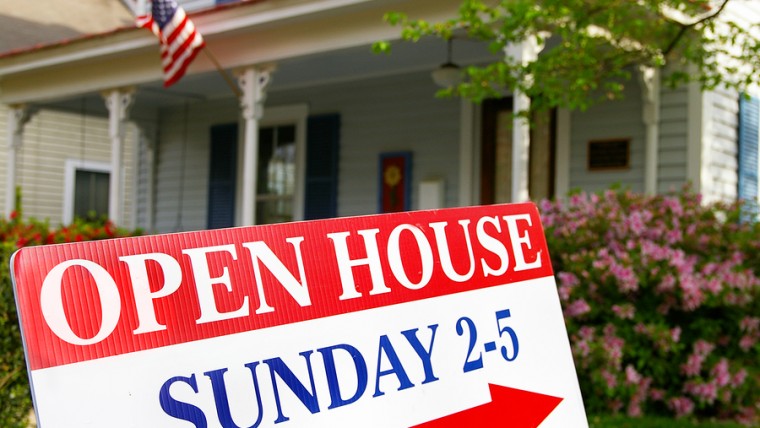
It’s safe to say that selling a home is an incredibly daunting task. It can even take an emotional toll. This is your home, the place you came to for everything, and the thought of selling it to a stranger can be scary. But sometimes you have no choice—maybe you’re growing your family and need more room, or maybe you need a downsize in your life. Whatever the reason may be, it’s time to sell and you don’t even know where to start. To help you out, we’re going to look at some important steps to take in selling your home, specifically in the Denver area.
Let it Go
The first thing you need to do in this whole process is tell yourself that this is a business deal and you need to remove your emotions from the equation. Easier said than done—especially for Denver transplants who have no family in the area, and whose Highlands two-bedroom is the only thing that made them feel at home. But this must be done. The more you have your emotions involved, the more you add obstacles for yourself to sell. You may not even realize you’re doing it, but if you look at this as “I’m selling my only home I’ve known in Colorado” instead of “I am selling a house,” you will inevitably add those obstacles.
Spruce it Up
Once you have de-emotionalized yourself you need to spruce up your home. How do you spruce up your home you ask? There are some basic things everyone can do. The first is depersonalizing your home. While you want to take your emotions out of this transaction, you want to do the opposite for the buyer. If the house is full of all of your family photos and personalized things, it blocks them from envisioning this as their home. The next thing you need to do is make sure your house is the cleanest it’s been since your in-laws came over for the first time. There is nothing that says, “I don’t take care of my house,” like having dirt around. It brings up questions in the buyer’s mind like, “If they don’t mop the floors when they are dirty, what else do they not keep up with?” Clean those cabinets too, because there is no one stopping them from opening your cabinets while looking at a property. It is also a good idea to make sure you have nothing broken in the house. The toilet handle that doesn’t exactly bother you, in fact, will bother a home buyer.
Strong Communication with Your Realtor
So, you’ve got the basic fix-ups done, it’s time to get strategic. You need to make sure your house is appealing to the people who are looking in that area. For example, if you are moving out of a much older neighborhood, your house most likely won’t look like the house a 31-year-old newly married couple buying their first home is envisioning. This is key to marketing your home once it’s listed. So, do some research, and talk to your real estate agent who probably has some really good insight on this matter. If you don’t already have a realtor, your next step is to find one. The best advice for this step is finding a reputable agent who has a lot of experience selling houses in your exact area. Denver is a big place, and a realtor who has only sold houses in Stapleton may not be the best person to sell your house in Cap Hill.
Money, Money, Money
Now that you have your realtor and place looking great, it’s time to set the price. There are several factors that go into your home value. One of the biggest is availability of homes in the market. Lucky for you, as it stands today, there is a shortage of homes in the Denver area, so your chances of getting top dollar for your home are increased. It will be best to determine what that dollar value is with your agent.
Your house is now on the market, and since you have marketed it so well, it’s only a matter of time before you get some biters. The key here is to take each offer and each day at a time. When you own a home in an ever-expanding market like the neighborhoods of Denver, go ahead and be picky about what offer you take. Remember, you have what everyone wants at this time so don’t take a low ball offer.
Closing the Deal
Once you’ve found a buyer, it’s when the really complicated part comes—closing. Closings can be quick, but sometimes take a little bit of time. Most take 30 to 45 days after the sales agreement has been signed. The key here is to find that inner being inside you that has really good attention to detail. Because, while your agent will be there with you for the whole paperwork process, it isn’t their house and you need to make sure you’ve read all you are agreeing to as far as inspections and things the buyer is requiring to be done.
See, that wasn’t so hard, and you successfully survived selling your home! Now, you just have 30 days to figure out where you are going and how to get all of your stuff there. Better get to it.
Hi! I’m Maria, the Marketing Coordinator for Homes.com. I am part of a dream team that is dedicated to running this awesome blog along with Homes.com’s social channels. If I am not busy writing blogs and socially sharing for Homes.com, you can find me painting, drinking tea with my friends, and doing DIY projects!

















